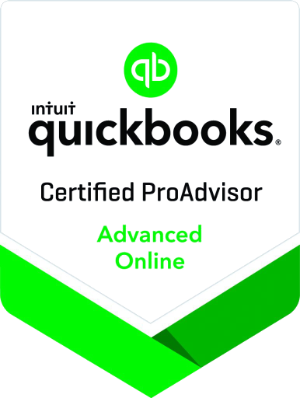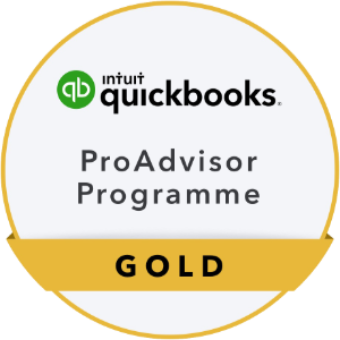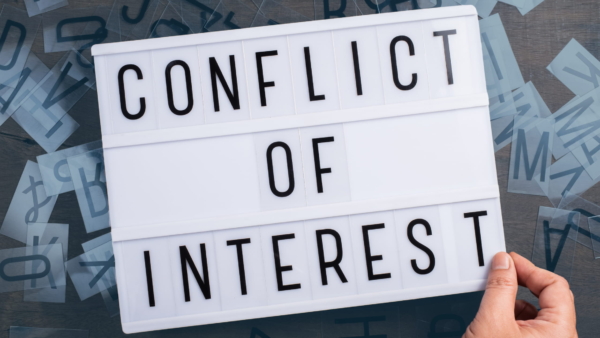Trustees must act in the best interest of the charity. One of the most effective ways to demonstrate this is through minute taking.
The “Charities and Meetings” guidance published by the Charity Commission contains a dedicated section all about minutes. It advises that the minutes usually record:
- The precise wording of any resolution together with the name of the proposer and (optionally) the seconder of the motion.
- A summary of the discussion on each item of business.
- Information upon which the decision was based.
- Details of the decision, ie who voted and how and, in the event of an equality of votes, if the Chair used a casting vote.
- The action required.
- The names of the people who are responsible for implementing the decision.
- The date, time and venue of the next meeting.
Sounds simple enough…
But unless your charity has a dedicated secretary, inconsistency starts to creep in, affecting how effective your governance is.
For smaller charities in particular, this can be a big issue as sometimes the trustees take it in turns to record the minutes. With everyone recording them in slightly different ways, you soon discover that key decisions and actions have been missed, and you’ve failed to record the level of detail from the surrounding discussions. Furthermore, the Charity Commission advises against trustees taking minutes, since it believes you cannot actively participate in the discussion as well as record it.
Minute taking is all about demonstrating good governance
Minutes need to include the key discussion points, actions and decisions, but they don’t need to be verbatim.
How to record discussion points effectively
The goal for your minutes is to create a document that you could give to anyone not present at the meeting, and they would be able to understand what had been decided and why – but without enduring pages and pages of “She said this” and then “He said that“.
Under the Charity Governance Code, “board members should feel it is safe to suggest, question and challenge ideas and address, rather than avoid, difficult topics.”
Unless your minutes adequately document the range of perspectives and viewpoints considered during the meeting, your trustees won’t be able to fulfil their duty to query what’s been discussed. This then leaves your charity exposed and open to criticism.
Documenting the discussion points within your minutes allows people to see how and why a decision was reached, which demonstrates good governance.
And the process should be no different for sensitive or confidential agenda items, such as CEO pay or HR issues. Here, the minutes still need to exist as an official record, containing that same level of detail. The only difference is in the way the document is stored – separate to other files and password protected so only those who need to, can access it.
How to record actions and decisions effectively
There are many tasks that must be performed as part of the trustees’ duties, for example:
- Approving the annual report and accounts before they’re submitted to the Charity Commission.
- Approving budgets before the start of the financial year.
- Approving the business strategy, or a change in direction.
- Making grants or investment decisions.
- Recording (potential) conflicts of interest and/or loyalty.
All of this, and more, is decided during the board meetings, with everything recorded in the minutes.
To stop these important action points being lost or forgotten in a sea of discussion, it’s best-practice to highlight them within the minutes, and then separate them out into a ‘living’ document that becomes part of ‘business-as-usual’. Think of it like a constant ‘to-do’ list that you take into each subsequent meeting to report back on progress, ensure any outstanding items are updated and not dropped, with any new items added.
More needs to be done to support smaller charities
Unlike businesses, charities incur more governance that they legally must adhere to. The sad truth is that a lot of people set up charities with the best of intentions, usually in memory of a loved one or because they’ve seen a need to support people in their local community, but they don’t realise the responsibility that comes with running a charity.
Industry research indicates that nearly two-thirds (62%) of charities haven’t received any form of governance training, which we think is wrong.
Charities play such a vital part in society, particularly smaller charities who are more ingrained in their local community, that we believe we should give them all the support and encouragement they need to succeed.
You may not have the skills, knowledge and experience to know what good governance, or management best-practice looks like – and yet you’re expected to jump through the same compliance hoops as larger charities with big budgets and professional advisers.
You might be a small charity, but you deserve to be able to access the same resources as everyone else.
Let us support you
Outsource your secretary function to us and we will ensure you demonstrate good governance through effective minute taking and much more. Our secretarial support includes:
- Attending board meetings and minute taking.
- Evaluating your policies to check they’re up-to-date and effective.
- Creating new policies.
- Liaising with trustees to support them in their role.
- Checking the trustees are performing their legal duties and offering advice/training where necessary.
- General advice on good governance best-practice.
Through Beyond Profit you can access the resources usually reserved for much larger charities, but at a fraction of the cost.
Enquire about our secretarial support…
If you’re looking for more than an accountant then why not give Emma an email or a call?
07419 786 943






